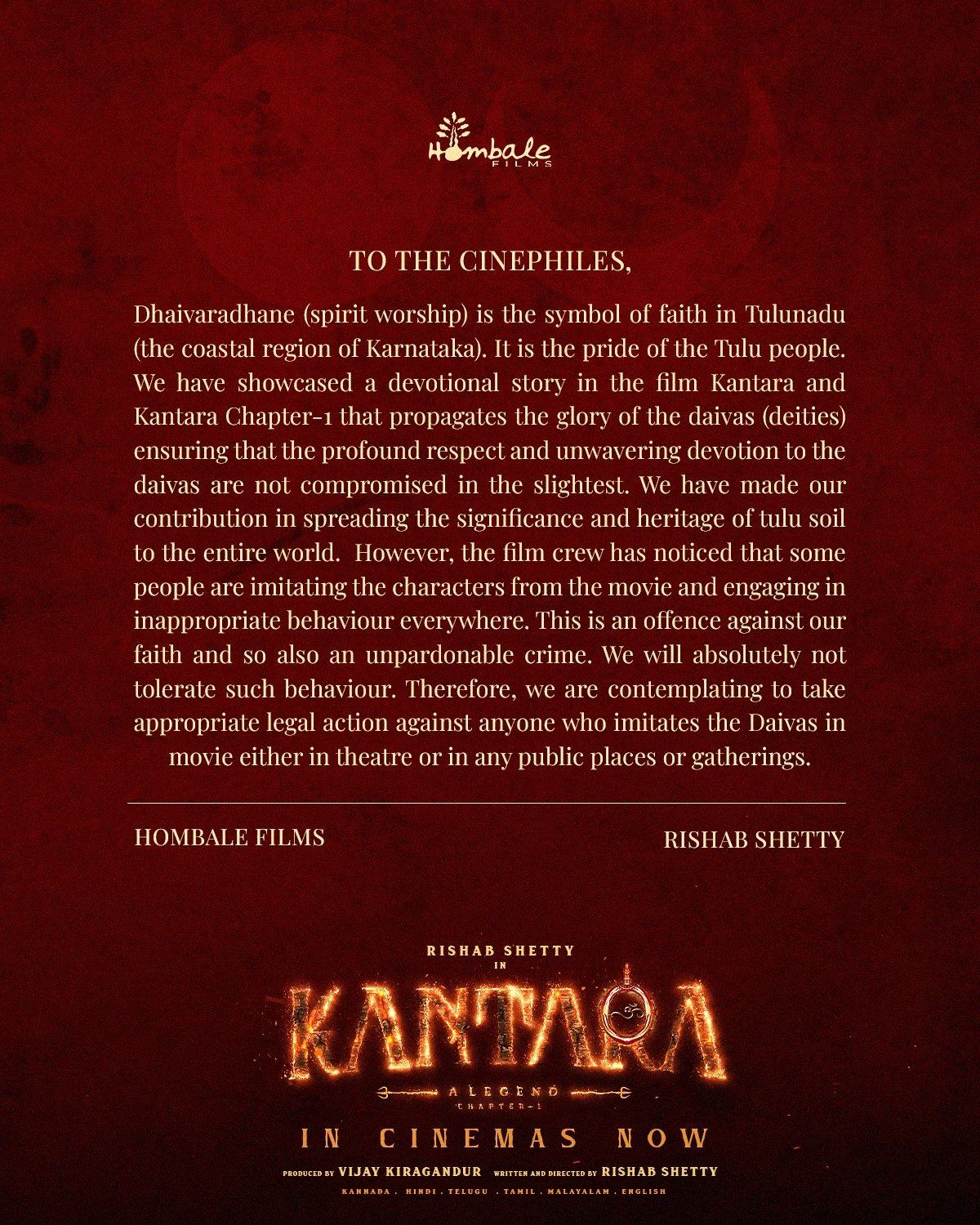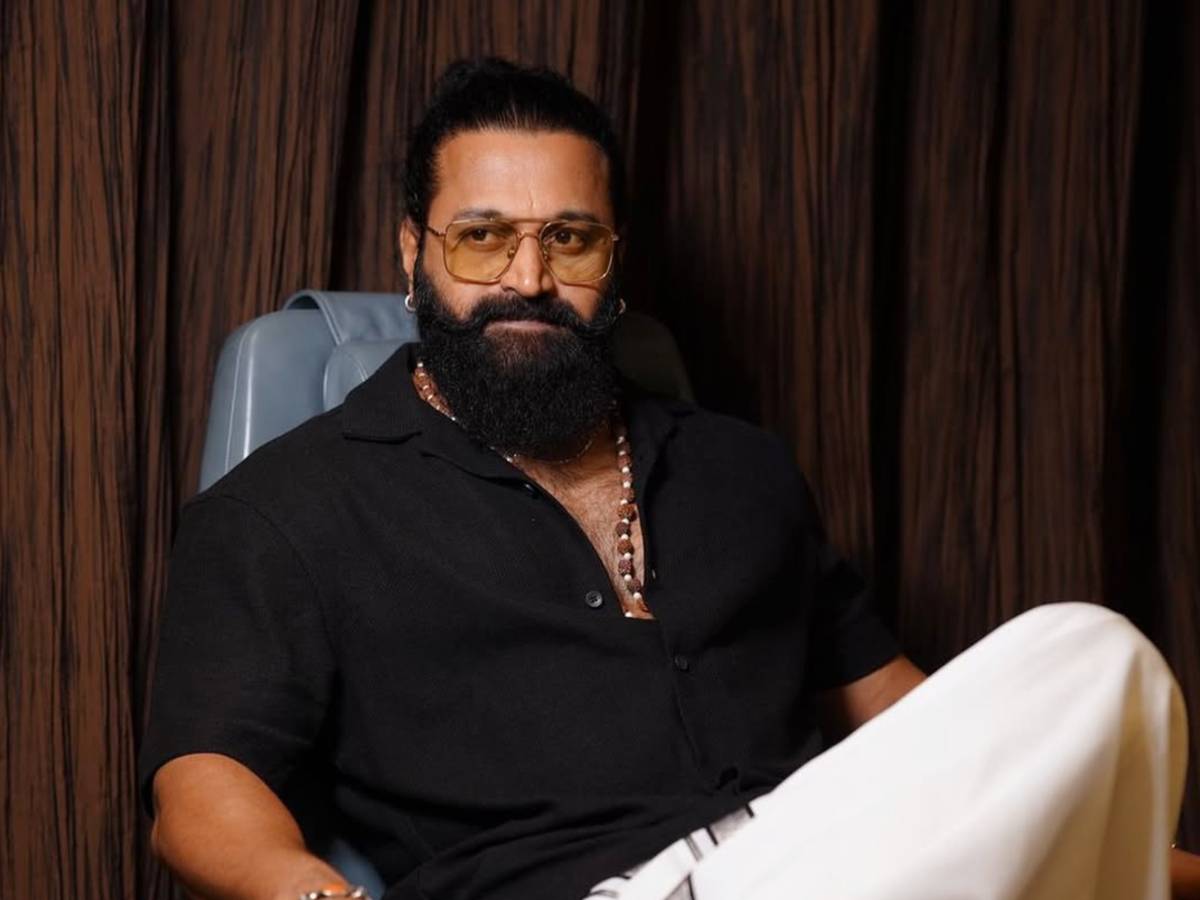
In emotionally charged times, public figures often find themselves walking a tightrope between personal belief and public expectations. The same is happening currently amid escalating tensions between India and Pakistan.
Also Read – Cop Abuses Power: Man Harassed on Road
Recently, influencer and content creator Ranveer Allahbadia, popularly known as BeerBiceps, faced criticism for his neutral stance on sensitive India-Pakistan matters.
His attempt to promote peace and shared humanity was seen by some as tone-deaf. This happened at a time when many Indians were grieving and felt let down by the silence of prominent Pakistani figures once embraced by Indian audiences.
Also Read – TCS, Wipro Advisory Amidst India-Pak Tensions
The worst happened when actors like Fawad Khan and Mahira Khan called out India after the armed forces launched Operation Sindoor in response to the Pahalgam attack that happened in April 2022.
Critics argue that neutrality during a crisis can come across as indifference, particularly when people are looking for solidarity.
Also Read – Tragic Suicide: Shocking Exam Result After Death
While criticizing Beer Biceps’ latest post, an X user said, “When your house is burning, and your neighbours say nothing — but someone from inside your own home starts lecturing you on “calm” and “balance” — that’s not strength. That’s betrayal.”
What angered people more was a statement made by the YouTuber, that said, “It’s not between India and Pakistan, but between the Indian military and the Pakistani military.”
The backlash underscores a growing expectation from digital creators to speak with clarity and conscience, not just market positivity.
On the other hand, a few supporters believe that art, content, and conversation should remain bridges, not battlegrounds.
The current debate raises a larger question: should influencers stick to positivity and remain apolitical, or use their platforms to take moral stands, even if it risks backlash or loss?





